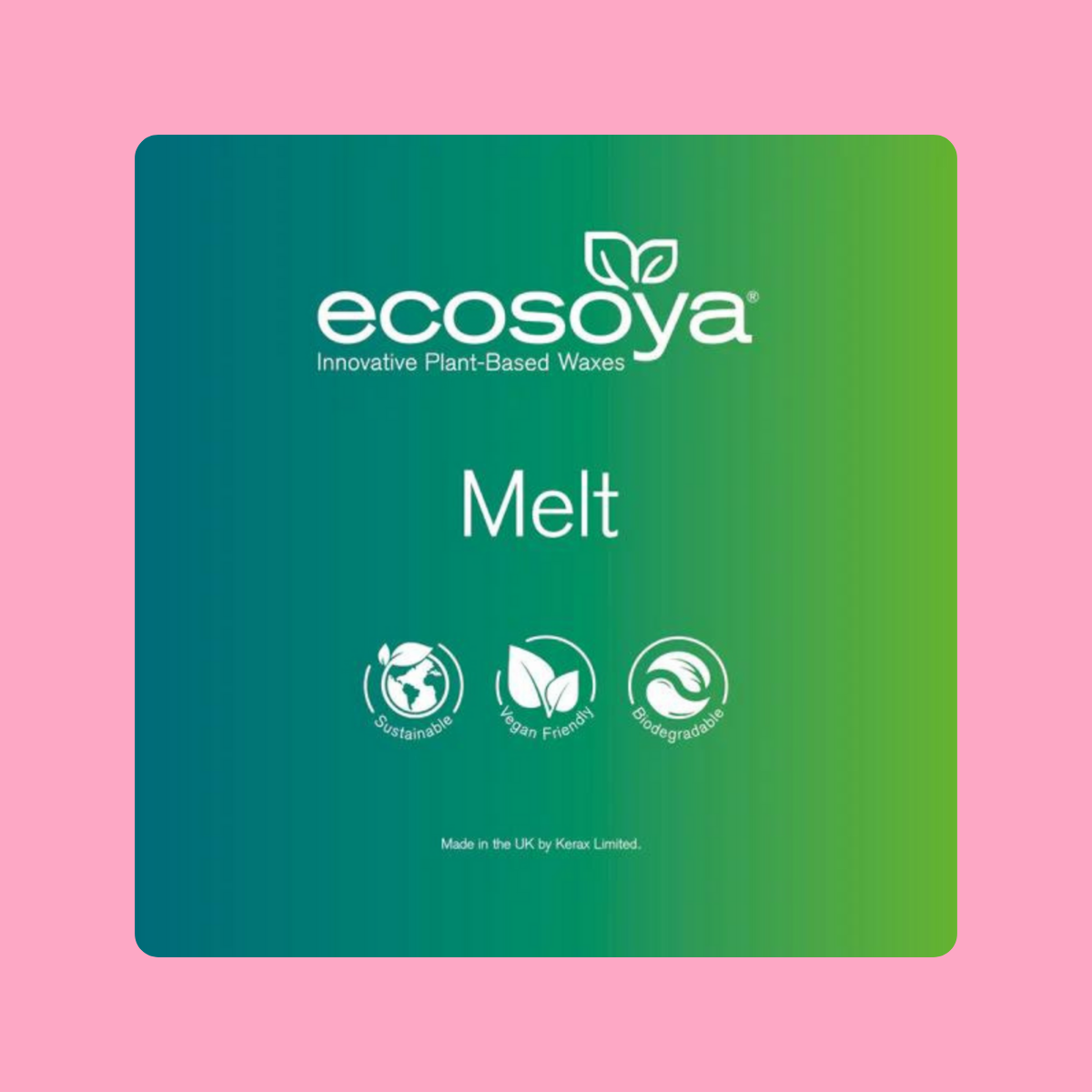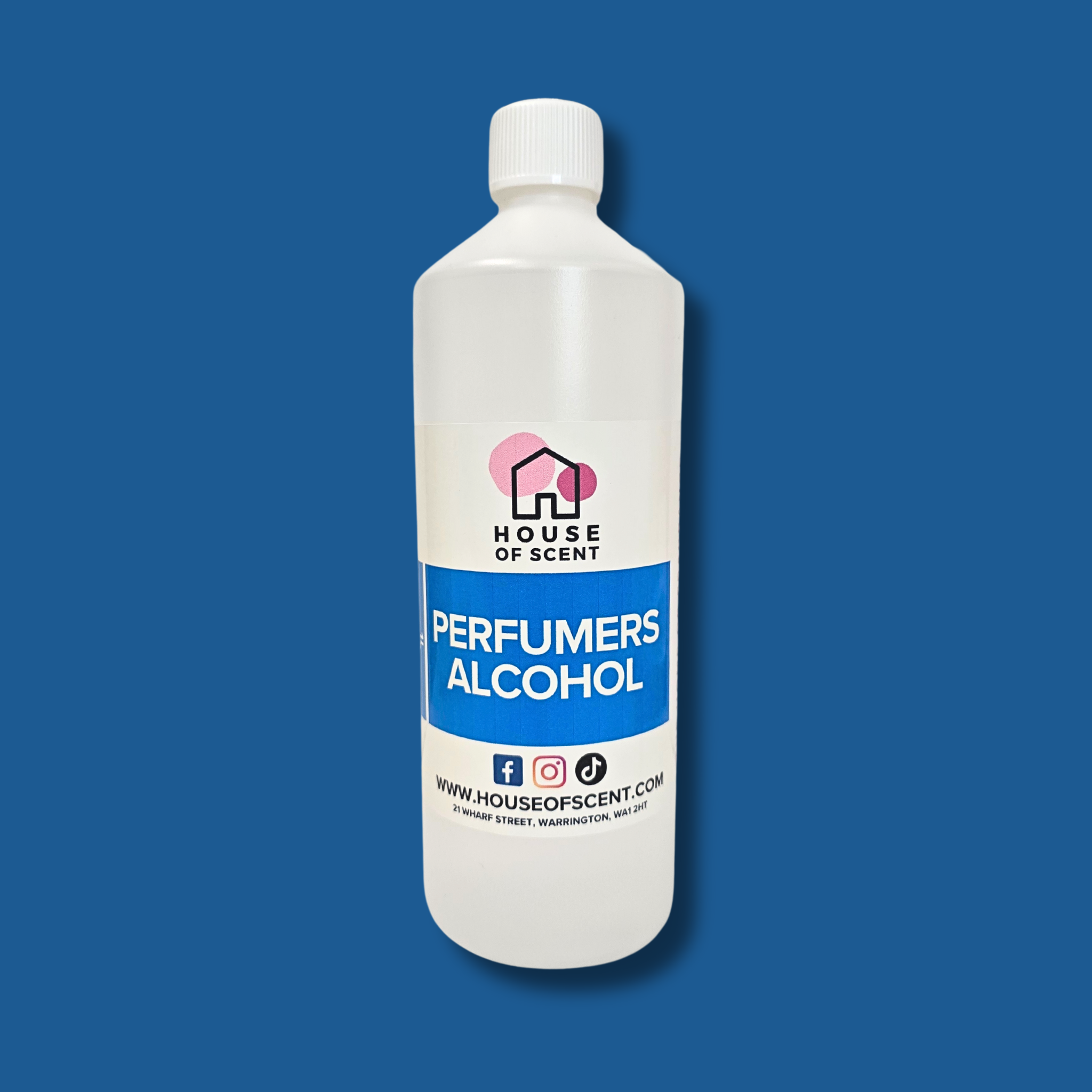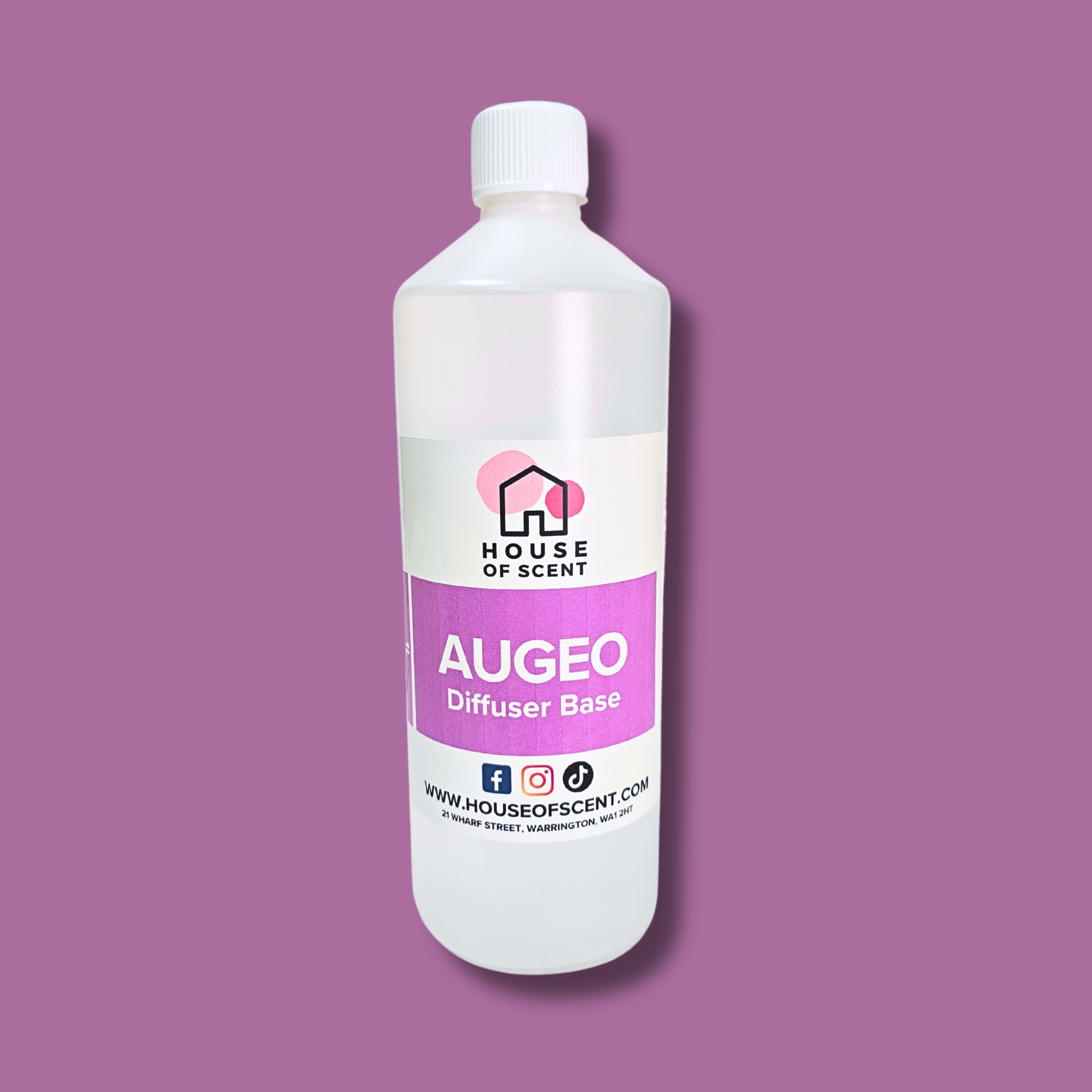When it comes to selling or using fragrance oils, understanding the regulations governing them is crucial for both safety and compliance. In the UK, fragrance oils are subject to a range of legal requirements to ensure they are safe for consumers, particularly in personal care, candles, and other scented products. One of the most important regulatory bodies for fragrance oils is the International Fragrance Association (IFRA). This blog will explore what IFRA regulations are, why they matter, and how they impact businesses in the UK selling fragrance oils or products that contain them.
What Are IFRA Regulations?
The International Fragrance Association (IFRA) is a global trade association representing the fragrance industry. Established in 1973, IFRA’s mission is to ensure that fragrance oils used in products are safe for consumers and the environment. It provides a framework of guidelines and standards for the safe use of fragrance ingredients across a wide variety of products.
IFRA’s regulations and standards are a crucial part of the fragrance industry’s commitment to consumer safety. These regulations cover various aspects of fragrance oil use, including:
Ingredient safety: Ensuring that each ingredient used in an oil is safe for its intended use.
Maximum usage levels: Setting safe limits for how much of a fragrance ingredient can be used in specific types of products.
Allergen labelling: Ensuring transparency and safety by providing information about allergens in fragrance oils.
Environmental impact: Encouraging sustainability and eco-friendly practices in the creation of fragrance oils.
In the UK, while IFRA guidelines are not law, they are widely adopted by oil manufacturers and businesses alike. Compliance with IFRA standards is often considered a mark of quality and reliability.
Why Are IFRA Regulations Important?
1. Safety for Consumers
The primary reason IFRA regulations exist is to ensure the safety of consumers. Fragrance oils, when improperly formulated or used, can pose health risks, particularly for individuals with sensitive skin or allergies. IFRA sets strict limits on certain ingredients to minimise these risks, ensuring that oils used in products like candles, cosmetics, and cleaning products do not cause harm.
For example, some fragrance ingredients can cause skin irritation or respiratory problems when used in high concentrations. By adhering to IFRA guidelines, manufacturers can reduce the likelihood of adverse reactions, making products containing these oils safer for everyone.
2. Standardisation Across the Industry
IFRA regulations provide a standardised approach to oil formulation and use. This is particularly important in the global market where oils are used in many different products across diverse industries. By following IFRA guidelines, manufacturers can create products that meet internationally recognised safety standards, ensuring that consumers receive high-quality and safe products, regardless of where they are located.
3. Environmental Considerations
Many IFRA standards also focus on the environmental impact. The fragrance industry has a responsibility to minimise its ecological footprint, and IFRA guidelines help companies achieve this by encouraging sustainable sourcing of raw materials, reducing waste, and minimising harmful chemicals. This is especially important in today’s eco-conscious market, where consumers are increasingly aware of the environmental impact of the products they purchase.
4. Regulatory Compliance
In the UK, although IFRA guidelines themselves are not legally binding, they are often referenced by regulatory bodies such as the Health and Safety Executive (HSE). The HSE enforces laws related to chemical safety, and businesses that fail to comply with these laws may face significant penalties. Following IFRA guidelines helps businesses stay compliant with UK law and avoid legal risks.
Key IFRA Regulations in the UK
1. Usage Limits for Fragrance Ingredients
One of the core aspects of IFRA regulations is the setting of maximum usage limits for fragrance ingredients in various types of products. IFRA establishes these limits based on safety data, including toxicological studies and clinical trials. Each ingredient in a fragrance oil is assigned a maximum concentration level for different categories of products, such as:
Personal Care Products: Fragrance oils used in products like perfumes, body lotions, and shampoos are subject to strict limits to ensure they are safe for skin contact.
Candles: Fragrance oils used in candles must be formulated in a way that ensures they do not release harmful substances when burned.
Cleaning Products: Fragrance oils used in cleaning products must also comply with usage limits to ensure they do not cause harm when inhaled or come into contact with skin.
By adhering to these usage limits, manufacturers ensure that their oils do not exceed safe levels in their final products.
2. Allergen Labelling Requirements
Fragrance oils often contain naturally occurring allergens such as limonene, linalool, and eugenol. Under IFRA regulations, these allergens must be clearly identified and labeled if they exceed specific concentrations. This ensures that consumers with sensitivities or allergies are aware of the potential risks. In the UK, allergen labelling is a legal requirement for cosmetic and personal care products under Cosmetic Regulation EC No. 1223/2009, which is influenced by IFRA standards.
3. Ingredient Transparency
IFRA promotes transparency in the fragrance industry by requiring that all fragrance ingredients be disclosed to manufacturers and consumers. This helps ensure that all ingredients used in fragrance oils are safe, traceable, and sourced responsibly. Ingredient transparency also helps to avoid harmful chemicals and encourages the use of natural and sustainable raw materials in fragrance production.
4. Environmental Sustainability
IFRA has established guidelines that encourage the fragrance industry to minimise its environmental impact. These include promoting the use of renewable resources, reducing waste, and ensuring that the fragrance oils do not contain ingredients that could harm ecosystems. By following these guidelines, fragrance oil manufacturers can help create a more sustainable and eco-friendly fragrance industry.
How IFRA Regulations Impact Businesses in the UK
1. Compliance Costs
For businesses in the UK that manufacture or sell fragrance oils, adhering to IFRA regulations may require additional investments in research, formulation, and testing. Compliance with these standards might involve hiring experts to assess the safety of fragrance ingredients, testing products for allergens, and updating labelling to meet legal requirements. While this can increase operational costs, the benefits of consumer trust and safety outweigh these costs in the long run.
2. Quality Assurance and Consumer Trust
By following IFRA regulations, businesses demonstrate their commitment to product safety and quality. This can help build consumer trust and loyalty. Customers are more likely to purchase from businesses that comply with recognised safety standards, as it reassures them that the products are safe and reliable.
3. Market Access and International Trade
For UK businesses that sell fragrance oils internationally, adhering to IFRA regulations is often necessary to access certain markets. Many countries, including the US and EU member states, require compliance with IFRA guidelines for fragrance products. By following IFRA regulations, UK businesses can more easily expand their reach and enter global markets.
Conclusion
Understanding and complying with IFRA regulations for fragrance oils in the UK is essential for ensuring consumer safety, maintaining product quality, and operating within the law. Whether you’re a fragrance oil manufacturer, candle maker, or cosmetics company, adhering to these regulations helps protect both your customers and your business. By following the IFRA’s guidelines on ingredient safety, allergen labelling, and environmental sustainability, businesses can contribute to a safer, more transparent, and sustainable fragrance industry.
As the fragrance industry continues to evolve, staying informed about IFRA regulations will help businesses remain compliant, protect consumer health, and thrive in an increasingly competitive market.
Discover Premium Fragrance Oils for Home Fragrance, Bath & Body and Cosmetic Products!
Looking to create your own Home Fragrance, Bath & Body or Cosmetic Products? House of Scent offers premium, undiluted fragrance oils that closely match popular scents. Whether you're crafting for personal use or starting a business, we have the perfect fragrances to bring your creations to life!
SHOP ALL FRAGRANCE OILS







.jpg)






